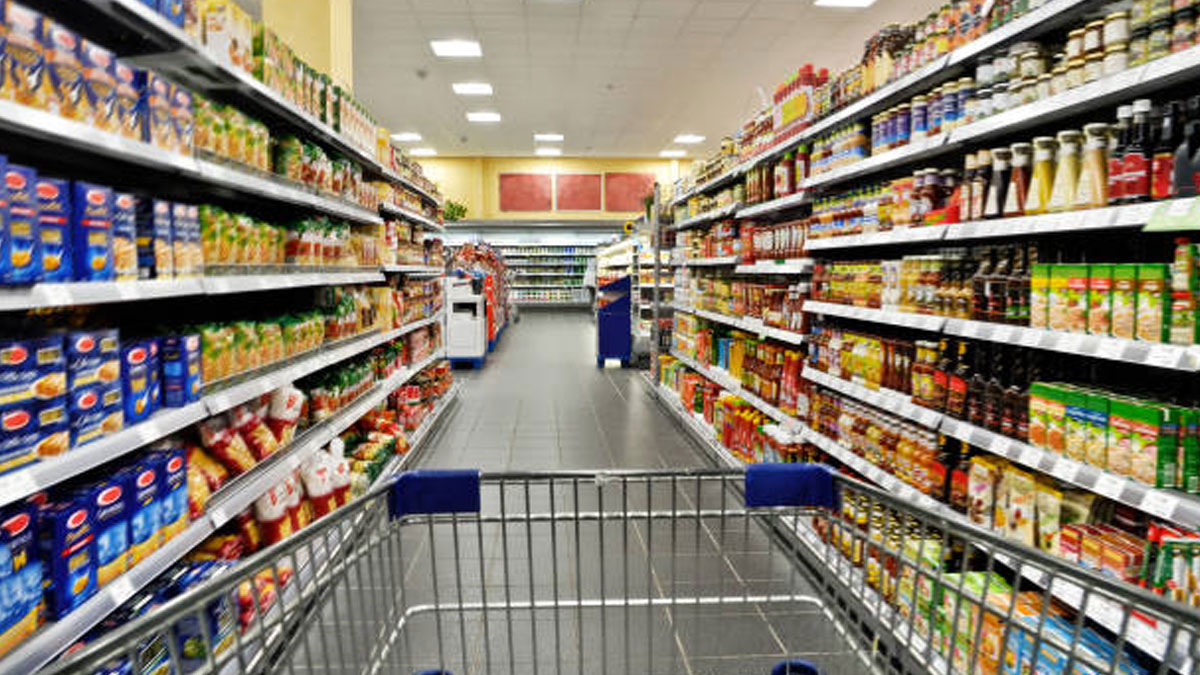
Serious concerns are being raised by many people on the continued rising prices of goods at the retail outlets, which is greatly affecting many families to put food on the table.
A major concern being raised is what are the Fijian Competition and Consumer Commission and the Consumer Council of Fiji doing about the continued high mark ups.
They are demanding for action and a full explanation on what steps are being taken as the ordinary people are suffering. People are also saying there is nothing to show that VAT was removed on 21 basic consumer goods and customs duty was removed for many items as the prices have continued to increase.
Many shoppers say the reductions were not fully passed down on many items to consumers, and that is the sad reality.
We have raised the question earlier this year on what is being done, and we have sent questions again to the FCCC and the Consumer Council.
Deputy Prime Minister and Minister for Finance, Professor Biman Prasad says as a government they understand the impact of inflation, and they are working with the Fijian Competition and Consumer Commission.
Professor Prasad also says high rates of inflation can have adverse effects with lower purchasing power in terms of making it more difficult for consumers to afford basic goods and services.
He says the good news is that in February this year, the inflation rate fell to 1.5 percent compared to 2.5 percent in January and that’s the lowest inflation since November 2021.
Professor Prasad says inflation started increasing in March 2022 and continued to accelerate due to rising food and energy prices.
He says there are international movements now and we see a decline in international energy and food prices.
The Deputy Prime Minister highlighted that oil prices have dropped by about 30 percent since June 2022.
He also says food and alcoholic beverages, tobacco, narcotics, transport, housing, water, electricity and gas, and other fuel categories contribute to about 70 percent of the consumer price index, and therefore any price movements in those categories can significantly influence the inflation.
Professor Prasad adds that the price of food and non-alcoholic items rose by 3.2 percent but it was the lowest rise in the last 22 months.
He also says going forward, the government is committed to having concrete plans to assist the people.
Stay tuned for the latest news on our radio stations

